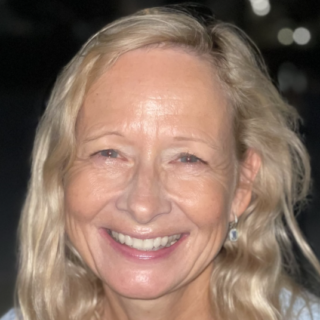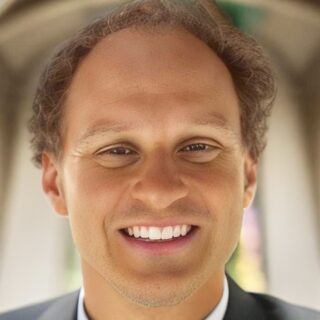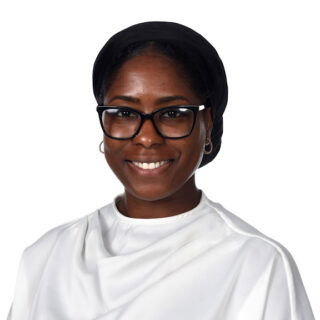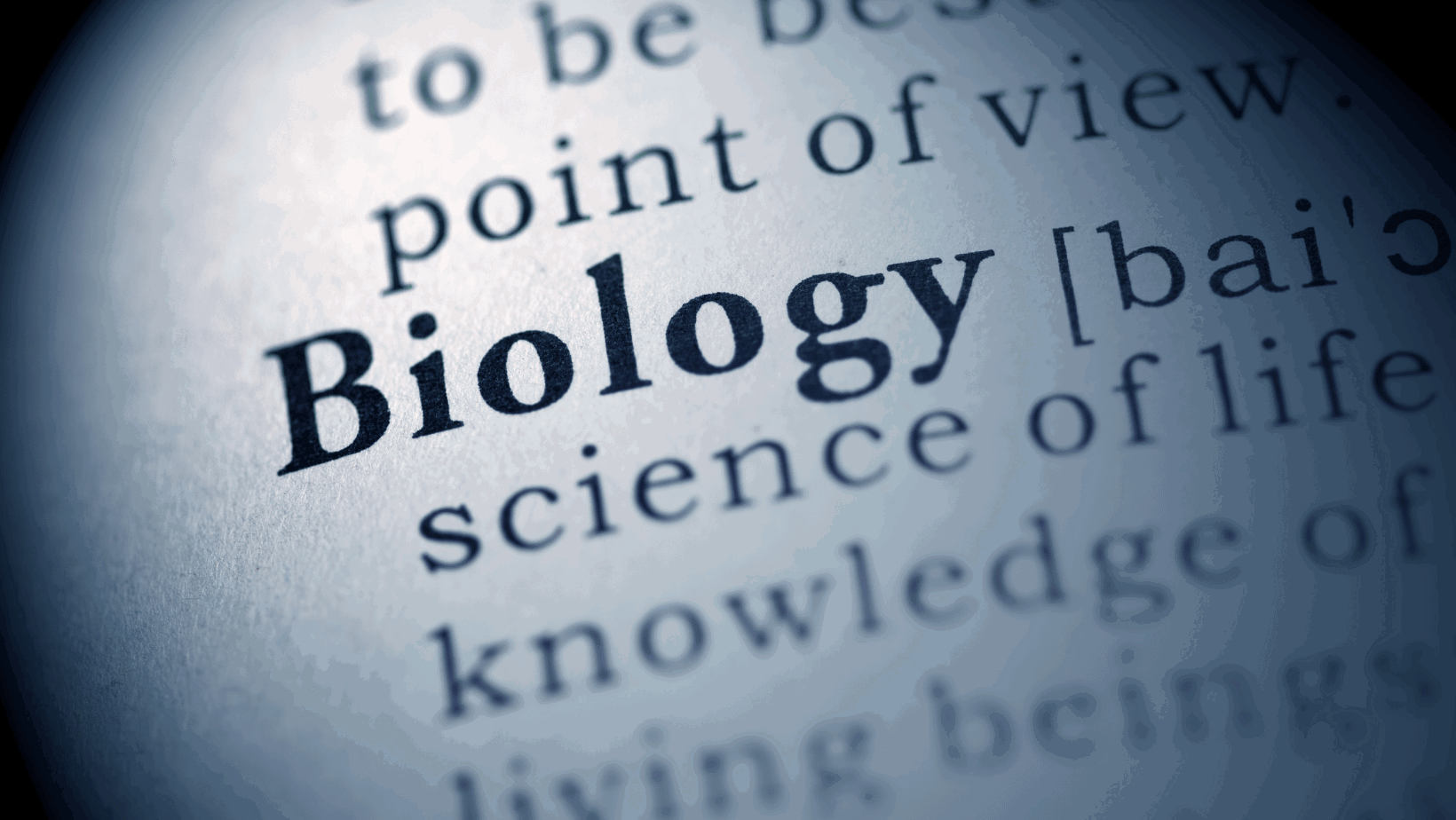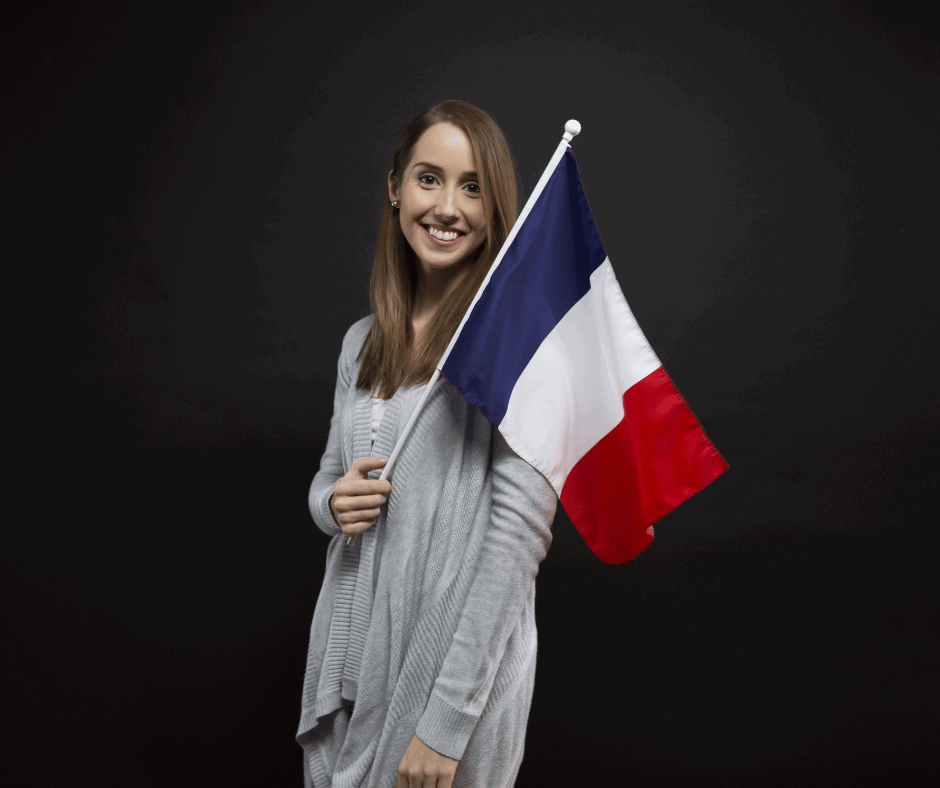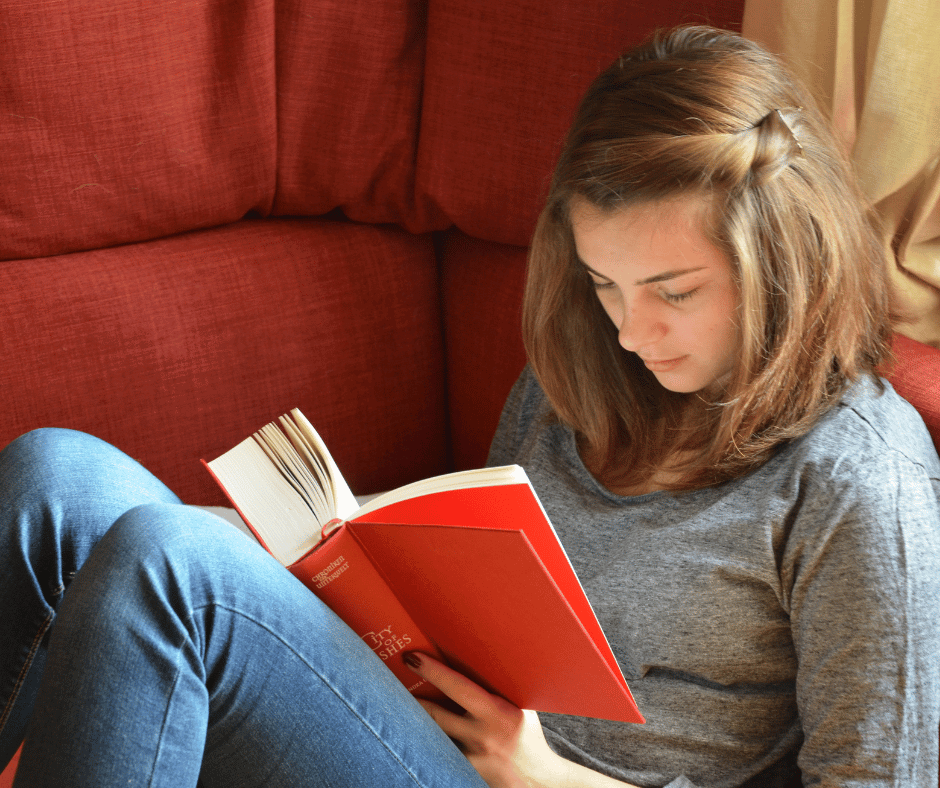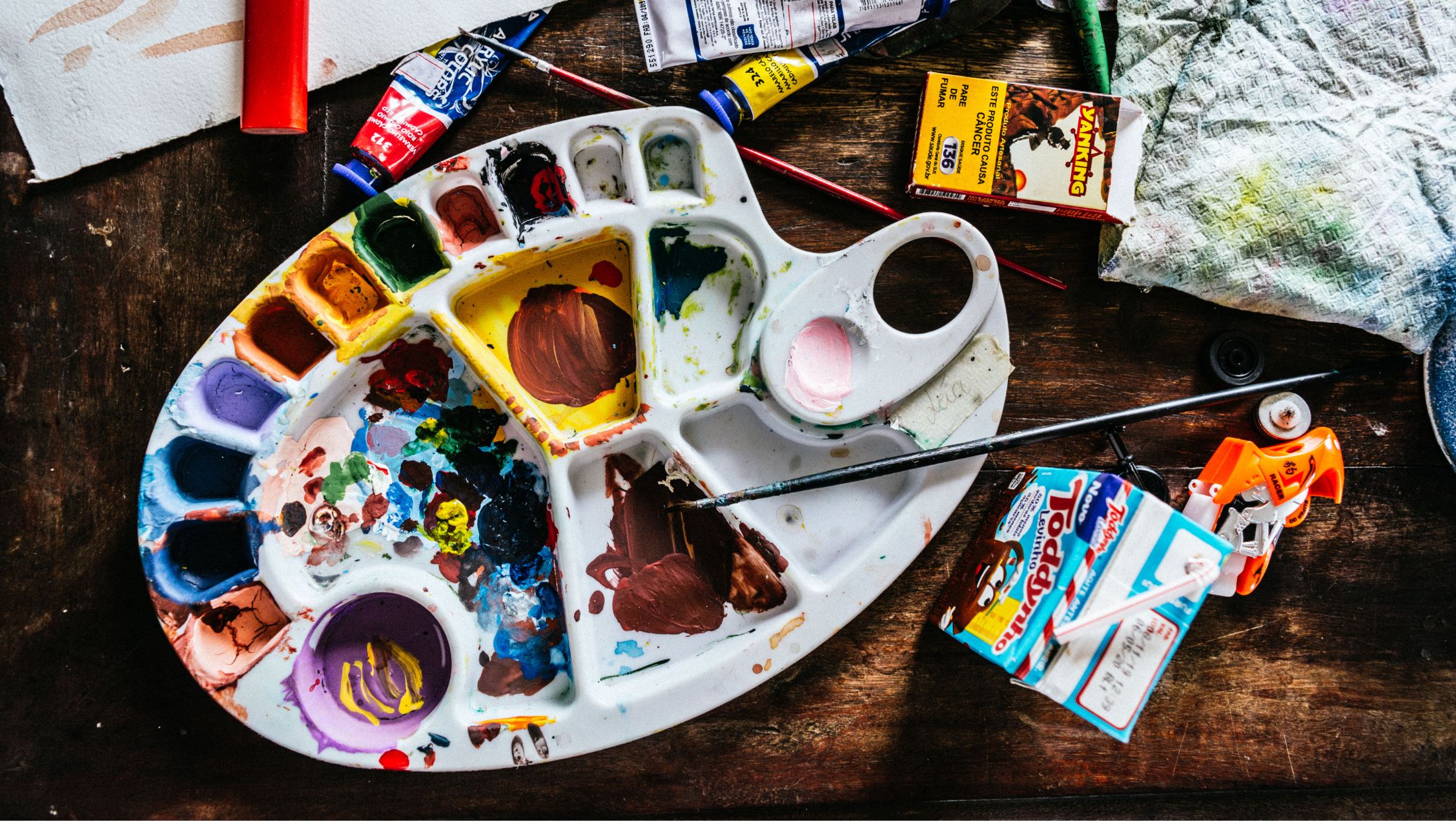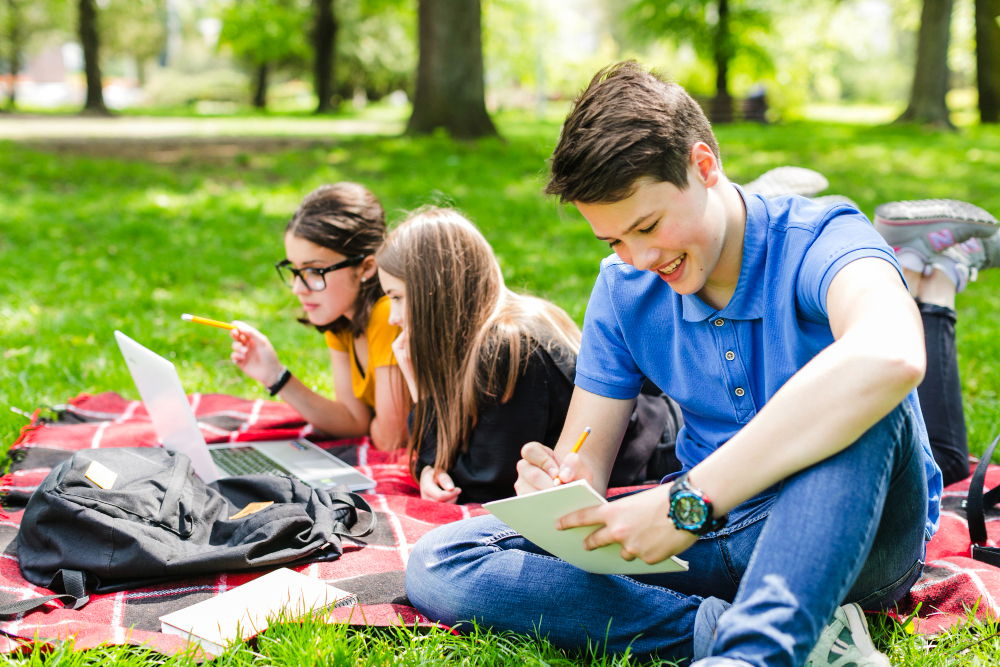What Is The IB?
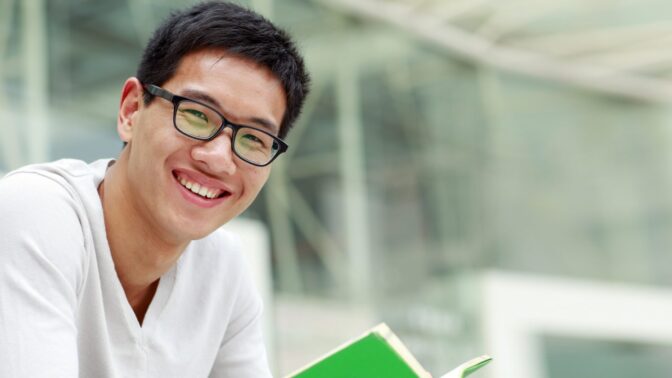
What is the IB exactly?
Well, there can be a lot to take in when it comes to understanding the IB; the subjects that students can take, how they will be assessed, and what are all the different parts of the programme.
The good news is that you don’t need to be an expert, because in this article we break down everything you need to know.
This is possibly uncharted territory. Many of us won’t have studied the IB programme ourselves and are likely to be more familiar with other school-leaving qualifications.
So, if strange acronyms started making their way into your home, and dinner table conversation started featuring talk of the TOK, the Core, and IAs, do not worry.
In this article we will explain what the IB is, the subjects students can take, and how it is assessed.
What do students actually study during the IB Diploma?
Unlike A ‘Levels where students only take 3 or 4 subjects, with the IB, 6 subjects are studied. “This aims to ensure students do not become too narrowly focused,” says Sandra Steiger, Head of Academic Support at TutorsPlus. Students need to choose at least one subject from each of the following categories:
For advice or to find an experienced IB tutor click here.
Language and Literature, Language Acquisition, Individuals and Societies, Sciences, Mathematics, the Arts and the Core.
You can find detailed information on each of these subjects at the end of this article but for now, a quick overview:
Language and Literature: This is essentially studying works of literature and non-literature in a choice of 55 different languages.
Language acquisition: This involves studying a foreign language (students can choose a language they are already familiar with or take up a new language.)
Individuals and societies: This includes subjects such as Geography, History, Economics, and Philosophy.
The Sciences: This includes Biology, Chemistry, Physics and Environmental systems and societies.
Maths: This is divided into ‘analysis and approaches’ and ‘applications and interpretations’.
The Arts: This includes Dance, Music, Film, Theatre and Visual Arts. (It’s worth noting that this is one subject group that is not mandatory. Students can switch from an Arts subject to a Humanities, Science or another Maths subject.)
Students must take 3 higher level (HL) and 3 standard level (SL) courses and complete the IB Diploma DP core requirements in order to achieve their IB diploma.
Higher Level courses are taught over 2 years and explore the chosen subject in greater depth than at Standard level. One of our TutorsPlus IB experts advises:
“When helping your child decide which subjects to take at HL and which to take at SL, encourage them to think about what they enjoy and where their passions lie. These are the subjects they might want to consider taking at HL. Subjects that they may otherwise have dropped might be taken at SL – and you may be surprised at what they excel in. Young minds are very adaptable.”
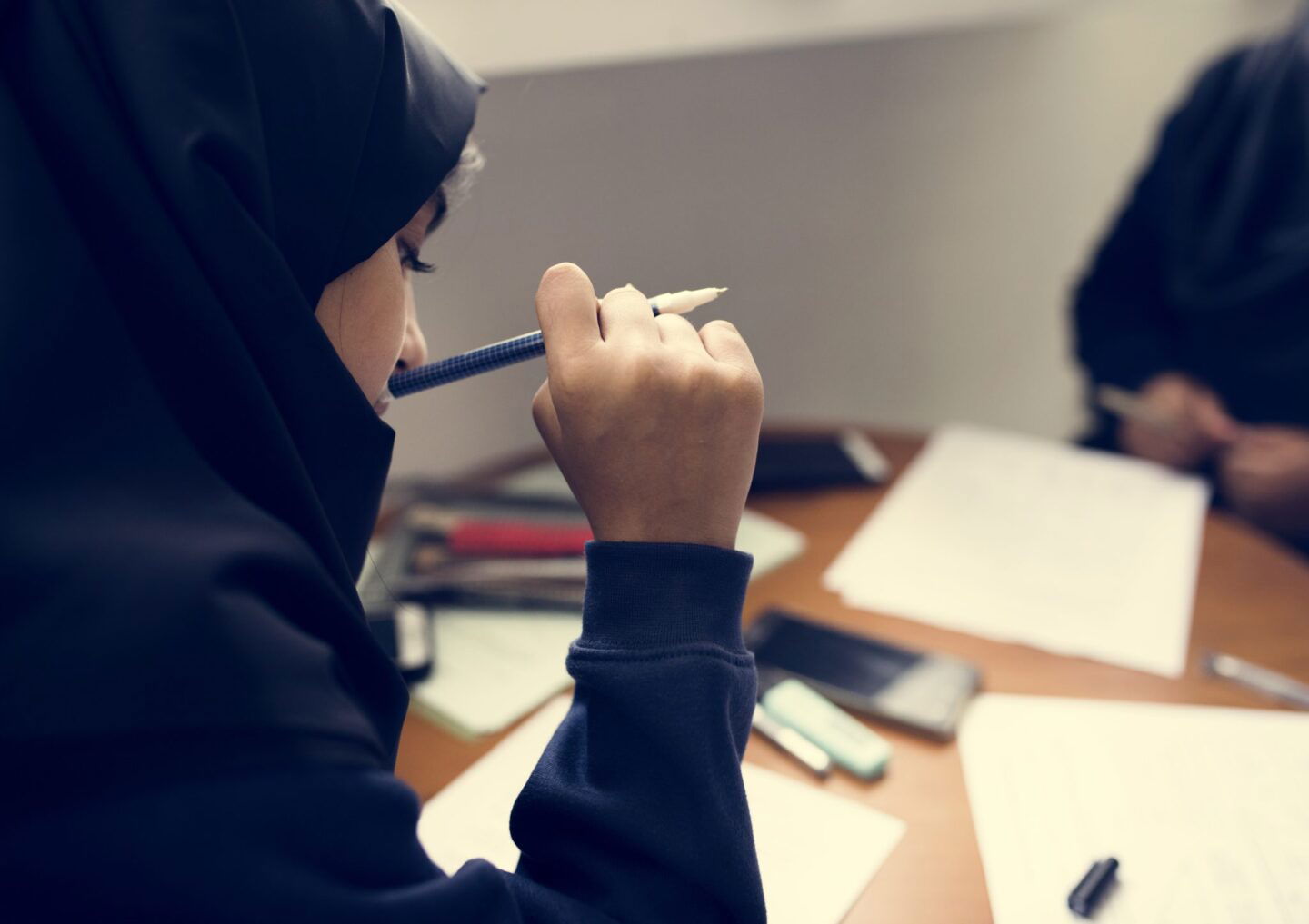
Schools offering the IB have a dedicated IB Coordinator whose job it is to advise students.
The Core – What is it?
The core is a central, self-directed part of the diploma.
TOK (Theory of Knowledge.) Our TutorsPlus TOK expert, Margarita, herself an IB examiner and IB Chemistry teacher with over 20 years of experience describes this part of the diploma as “exploring the ways we gain knowledge, and the certainty we have about what we know.”
The EE (Extended Essay.) This is an independent piece of research, finishing with a 4000-word paper.
The CAS project. This stands for Creativity, Activity and Service. The idea behind this part of the diploma is to get students out of the classroom and into the real world to complete a project related to those three concepts.
How are students assessed?
Many of the subjects are assessed with a written examination which is taken at the end of the course.
Students also complete coursework over an extended period and they undertake 4 or 5 in-school assessment tasks (IAs) which will be marked by their subject teacher.
For each diploma course attempted, students will end up with a grade ranging from 7 to 1 with 7 being the highest grade.
These grades are combined, so for example a student who achieves a grade of 5 in each of their 6 courses would receive 30 points.
To pass the diploma, students need to achieve 24 points (and the minimum grade criteria), plus successfully complete the three elements of the core.
Book free trial with our certified IB teachers today
100 % of tutors are certified teachers and examiners
What are the IB Acronyms all about?
Let’s finish with a quick recap on all those acronyms.
IBDP International Baccalaureate Diploma Programme.
HL Higher Level
SL Standard Level
TOK The Theory of Knowledge – part of the Core
CAS The Creativity, Activity, Service part of the Core
EE Extended Essay, part of the Core
IA Internal assessment
Remember, there is plenty of support available for students (and their families) over the course of the IBDP years. From a wealth of online information (see links below), to school IB coordinators, and of course, our team of IB experts here at TutorsPlus. If you would like more information or to book a tutorial, or even just have a chat, click here.
A final thought from one of our TutorsPlus IB experts:
‘Be excited for your child. They will pick up on your positivity. At the heart of it, the IB is a fun, engaging and dynamic diploma that challenges and helps students grow both inside and outside the classroom.’
Language and Literature
Within this subject area, your child must choose to study one of the following:
Language A: Literature. The IB has a policy of ‘Mother Tongue entitlement’ which means that students can choose to study this course in one of 55 different languages, the idea being that they choose their Mother Tongue.
Language A: language and literature. This course focuses on the study of both literary and non-literary texts. It is available in 17 languages.
Literature and performance. This course explores the relationship between literature and theatre.
Language acquisition
For this subject, students choose one of the following:
Language ab initio (available at SL only.) This is basically learning a foreign language from the beginner level.
Language B. (available at SL and HL). This is learning a language that your child already has some previous experience of.
Classical Languages: Latin and Greek.
Individuals and Societies
Students must take one of the following subjects: Business & Management, Economics. Geography, History, Global Politics, Information Technology in a Global Society Philosophy, Psychology, Social and Cultural Anthropology and World Religions:
Sciences
As well as Biology Chemistry and Physics, this category includes Computer Science, Design Technology, Sports, Exercise and Health Science and Environmental systems and societies.
Mathematics
Students choose one of the following courses:
Analysis and approaches at SL
Analysis and approaches at HL
Applications and interpretations at SL
Applications and interpretations at HL
Arts
Students can choose from Dance, Music, Film, Theatre and Visual Arts. Alternatively, they can choose to study an additional science, individuals and societies or languages course instead of an Arts subject.
For more information on all the above, visit https://www.ibo.org/programmes/diploma-programme/curriculum/
For further advice or to find an experienced IB tutor who can help click here.
By Liz McEwan
Liz has worked as a teacher and student advisor for over 15 years both in the U.K and internationally. She now combines her work as a Client Manager for TutorsPlus with looking after her 2 young children.

